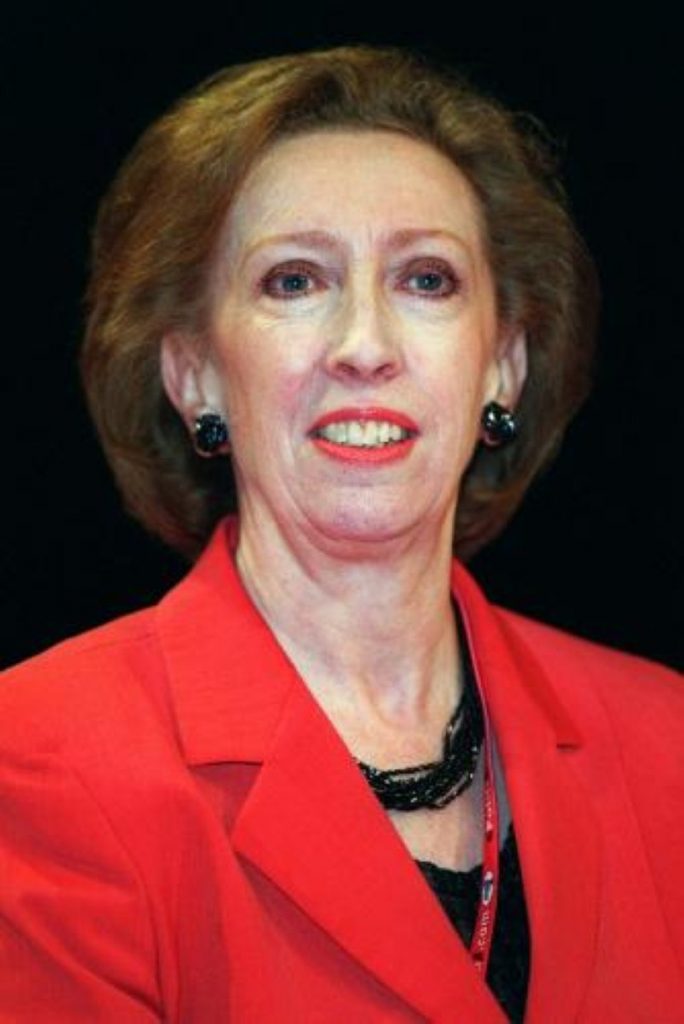Beckett: Iraqi pessimism distorts ‘progress’
Foreign secretary Margaret Beckett insists progress is being made in Iraq, amid signs of a growing pessimism among Iraqis.
Ms Beckett claims there are “much better prospects” in Iraq than people are willing to admit.
“I was looking at the background information that they’ve produced for the anniversary and it’s quite remarkable the amount of change and improvement that there has been which we never ever hear about,” she told the BBC’s Politics Show.
Nevertheless, a new poll of Iraqis found fewer than 40 per cent say life is good in post-Saddam Iraq, compared to 71 per cent two years ago. Less than one in five have confidence in US and coalition troops, but 63 per cent say troops should stay until security has improved, the joint BBC/ABC poll revealed.


The Liberal Democrats claim the poll shows the strategy in Iraq is failing, with leader Sir Menzies Campbell claiming military action has brought Iraq to its knees.
“It is clear that coalition troops are exacerbating the security situation and increasingly being seen as legitimate targets for political motivated attacks,” he said.
Sir Menzies continued: “Our involvement in Iraq has cost us over £5 billion.
“President Bush made the decisions, the prime minister argued the case, the chancellor signed the cheques and the Tories voted it through.
The Liberal Democrats are calling for an orderly withdrawal to begin on May 1st, with all British troops out of the country by November.
“Serious mistakes” have been made in Iraq, shadow foreign minister William Hague claimed at the Tory spring conference this weekend.
The government now must ensure lessons are learned for the future, he argued.
Mr Hague explained: “That is why we favour a Privy Council inquiry into the origins and conduct of the Iraq war and its aftermath, and if the government does not announce such an inquiry in the coming months we will table a motion in the House of Commons requiring them to do so.”
An independent estimate of causalities in Iraq this weekend placed the death toll at one million. Austrian scientist Dr Gideon Polya used four sets of independent data to produce the biggest estimate yet of deaths.
The Stop the War Coalition described the figure as “astonishing”.

